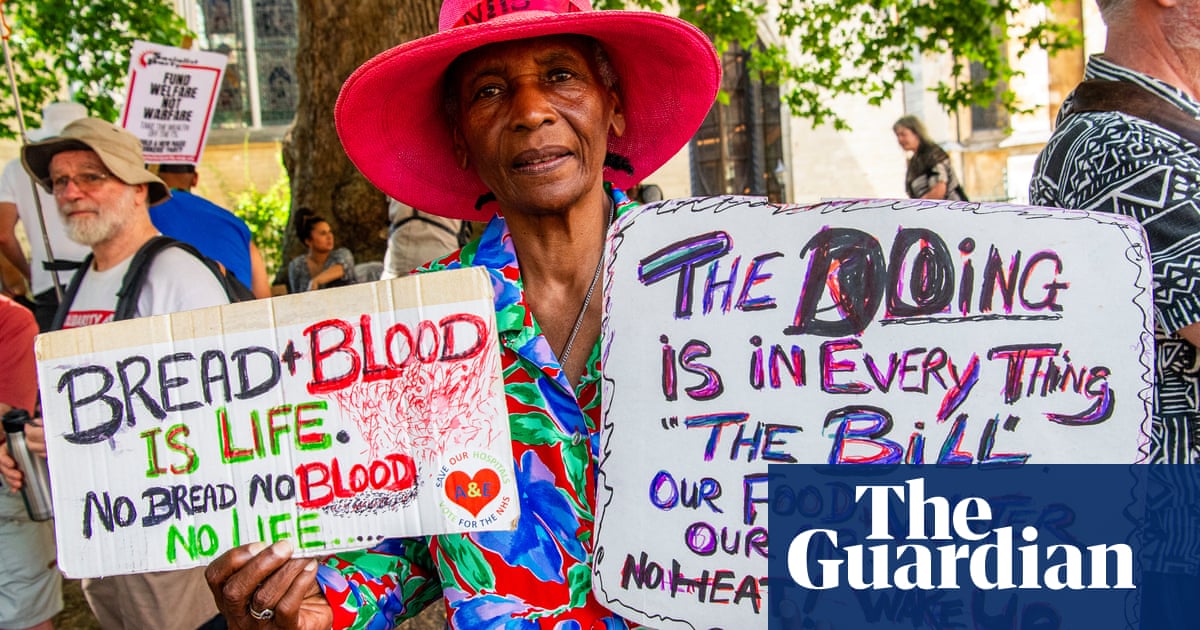Labour’s hugely controversial welfare bill has passed its first Commons hurdle, but only after ministers offered mutinous MP another major set of concessions.
The universal credit and personal independence payment bill, to which the government had already made a series of changes last week to try to mollify backbench critics, passed it second reading by 75 votes – 335 to 260.
Even though the vote was won, the additionallast-minute concessionwill further damage the authority of Keir Starmer and leaves Liz Kendall, the work and pensions secretary, humiliated.
Amid continued dissent, with little more than an hour of the Commons debate to go, Stephen Timms, the social security and disability minister, announced the removal of an entire clause of the bill. This means there will be no immediate changes to personal independence payment (Pip), the most contentious part of the changes, and where ministers hoped to make the bulk of savings.
Any changes to Pip, Timms told MPs, would only happen after a review of the system he will oversee, which is due report by autumn 2026 and will be “co-produced” with disabled people, leaving open the possibility that they will never happen.
More details soon …
